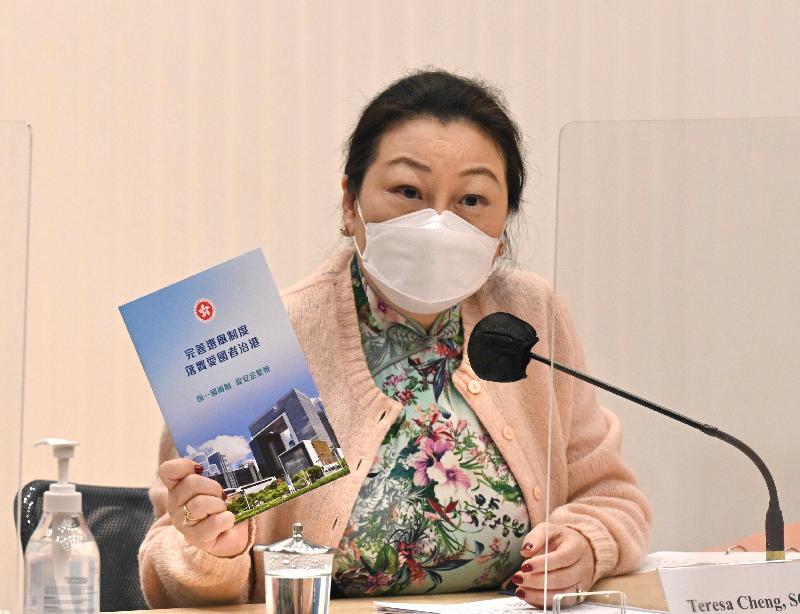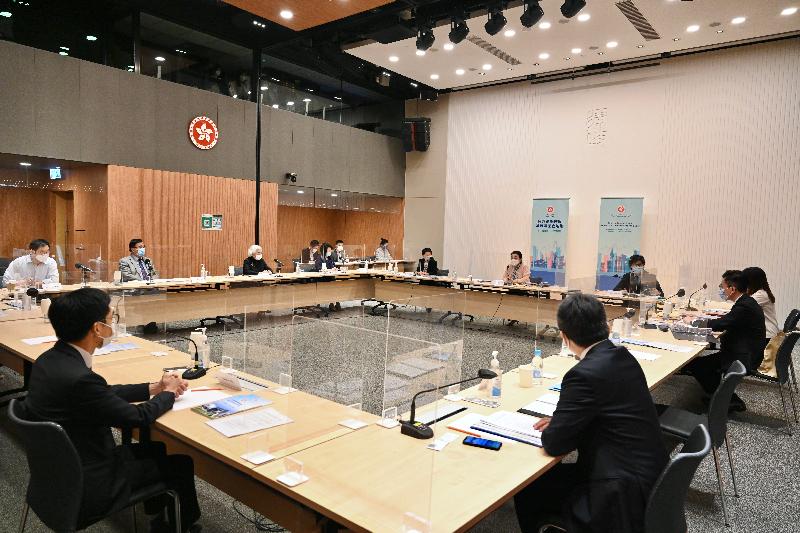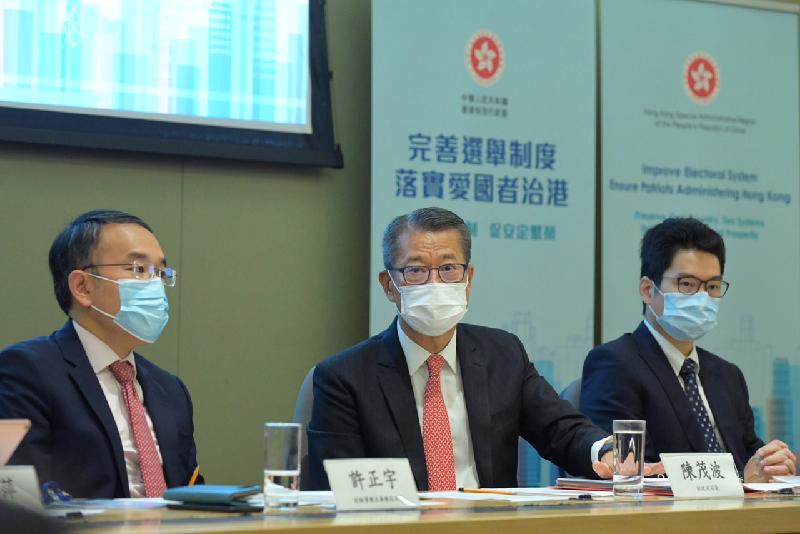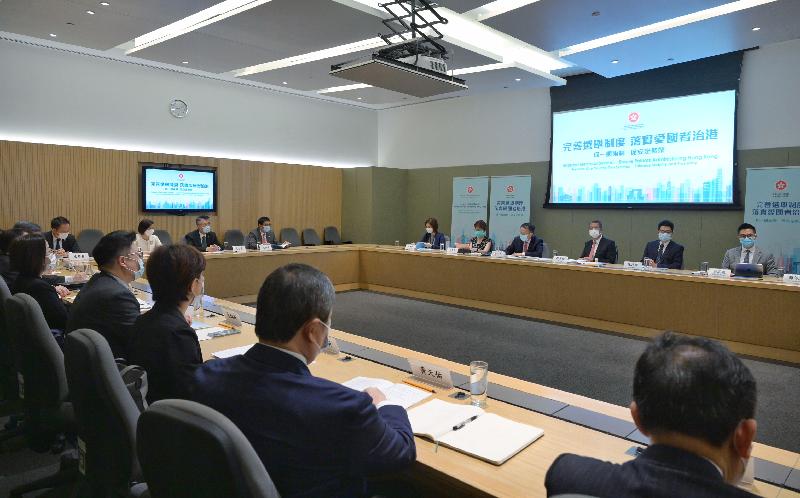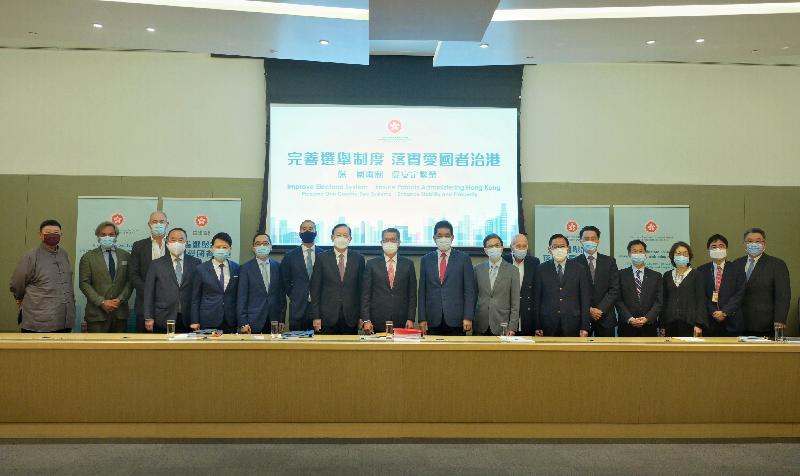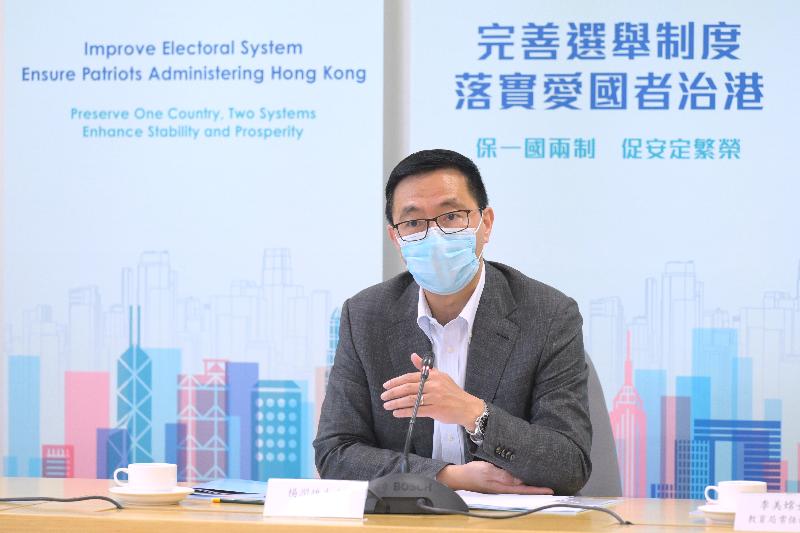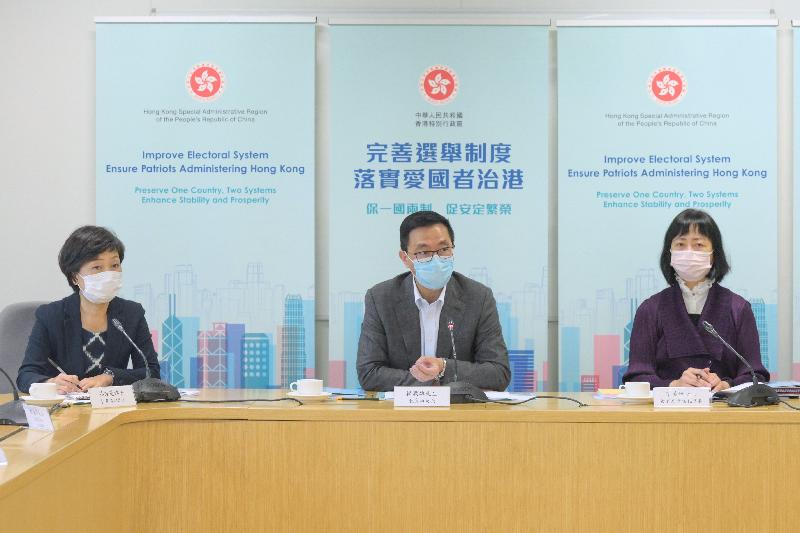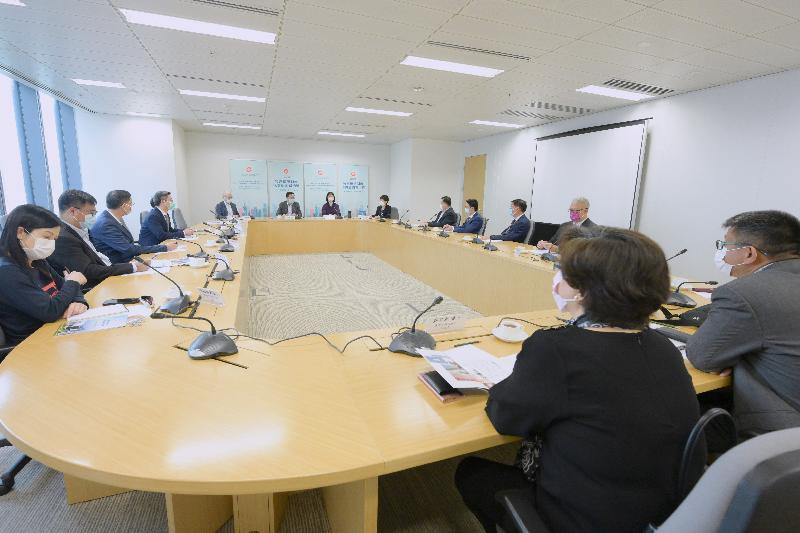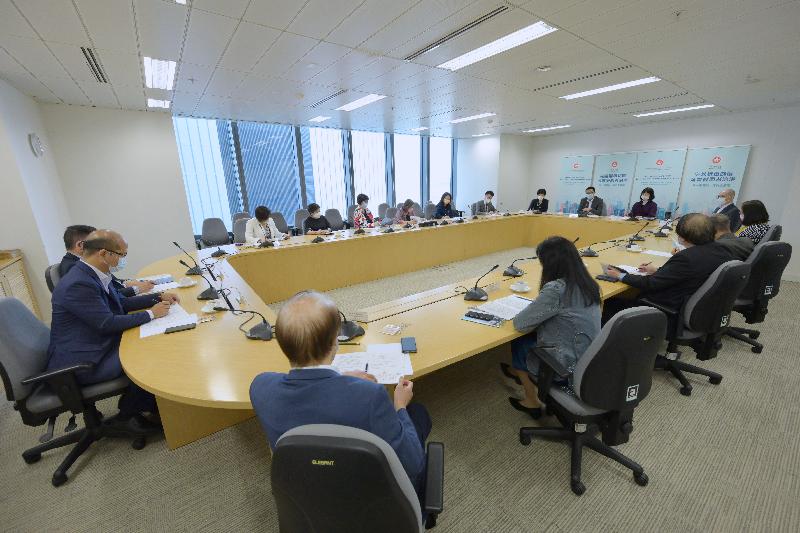The following is issued on behalf of the University Grants Committee:
The Research Grants Council (RGC) will present public lectures under the theme “Medical Technology and Society” on April 10 (Saturday) at the Hong Kong Central Library. The public lectures were originally scheduled in last December.
The RGC has invited Patrick Huen Wing Ming Professor of Systems Engineering & Engineering Management of the Chinese University of Hong Kong, Helen Meng, and Professor of the Department of Electrical and Electronic Engineering of the University of Hong Kong, Kevin Tsia, to share their research findings and knowledge with the public. Details are as follows:
Time: 10.30am to 12.30pm
Venue: Lecture Theatre, G/F, Hong Kong Central Library
Language: Cantonese
Admission: Free (seats are available on a first-come, first-served basis)
Interested parties can also watch the live broadcast of the lectures through the Multimedia Information System of the Hong Kong Public Libraries via the Internet (mmis.hkpl.gov.hk).
Population ageing is a global concern. According to the World Health Organization (WHO), the number of people aged over 60 will nearly double to make up 22 per cent of the world’s population by 2050, while the number of Hong Kong people aged over 65 will rise to make up 35 per cent of the local population. Neurocognitive disorders (NCD), which include various types of dementia – are particularly prominent in elderly people. As spoken language can be easily captured (even remotely) and enables sensitive cognitive assessments, Professor Meng’s team is developing Artificial Intelligence (AI)-driven technologies to automatically extract spoken language biomarkers for early detection of NCD. She will deliver a talk titled “AI for Cognitive Health” to share how AI-enabled healthcare contributes to better NCD management. This aligns with the WHO’s plan of making dementia a public health and social care priority at national and international levels.
In the past 10 years, laser microscopy has successfully permeated not only biochemistry and cell/molecular biology research, but also numerous preclinical and clinical applications. Professor Tsia will introduce the latest breakthrough in laser microscopy technologies developed at the University of Hong Kong in his talk titled “Decoding health and disease with high-speed laser imaging technologies”. These technologies include capturing high-resolution motion pictures of the swift-flying brain signals in a living animal, visualising the inner workings of biological cells and microorganisms in 3D without killing them, and detecting rare cancer cells among hundreds of millions of normal blood cells efficiently and effectively. Not only can these technologies expand the realm of biological research (e.g. in neuroscience), but they will also create many new opportunities in cost-effective clinical diagnosis, especially cancer screening.
The public lectures of the RGC aim at arousing public interest in local research developments. Since 2009, the RGC has invited numerous leading scholars to speak at these lectures. For updates on the arrangement of the public lectures, please visit the University Grants Committee webpage (www.ugc.edu.hk/eng/rgc/about/events/lectures/lectures.html). read more


